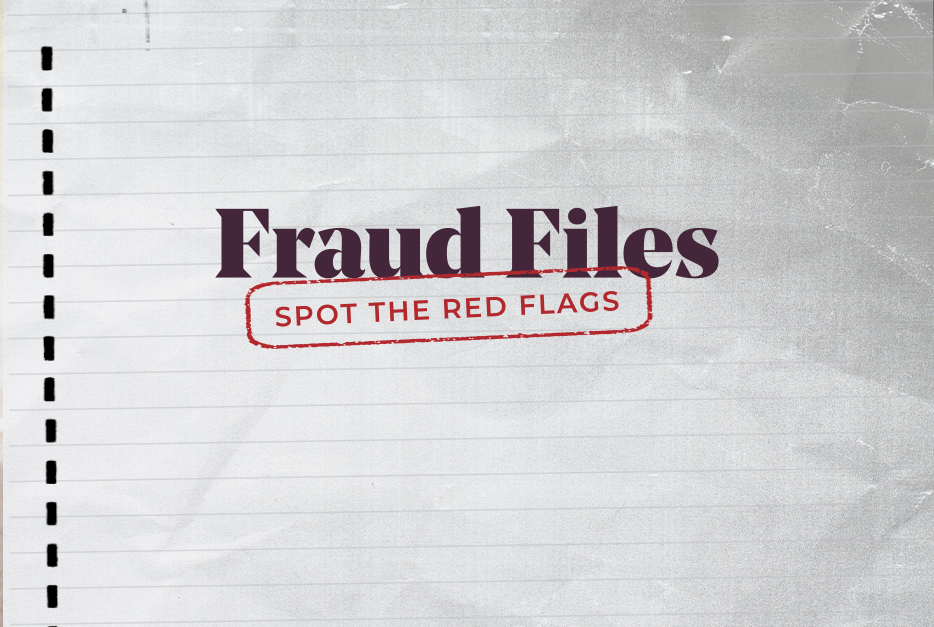Protect yourself from online shopping scams
Not all online vendors are reputable!
Online shopping is a favourite pastime for many consumers. But many deals you see online—from inexpensive designer purses to significantly discounted electronic goods—are too good to be true.
Fraudsters can create accounts on legitimate auction sites, such as eBay, or on an online marketplace, like Kijiji or Craigslist. They will advertise their products at very low prices, enticing you to buy them. At the end of the day, if you do get something, it might be of poor quality or a bad imitation of what you expected.
In other instances, fraudsters will lure you into clicking on sponsored links that will direct you to a seemingly genuine website. If you decide to buy from there, you won't benefit from any protection or services that legitimate websites offer.
If a site or offer stands out dramatically from the rest, there's likely something off.
Tips to protect yourself
- Buy from companies or individuals you know by reputation or from past experience.
- Beware of sellers from far away and those who have limited or no online reviews.
- Be wary of websites that contain spelling mistakes and grammatical errors.
- Read the refund and return policies carefully, including the fine print.
- Ask the supplier questions and confirm service delivery timelines and the total cost.
- Any requests for personal information such as account numbers, card numbers, usernames, or passwords is a big red flag that the message is fraudulent.
Learn more about common frauds and scams:



